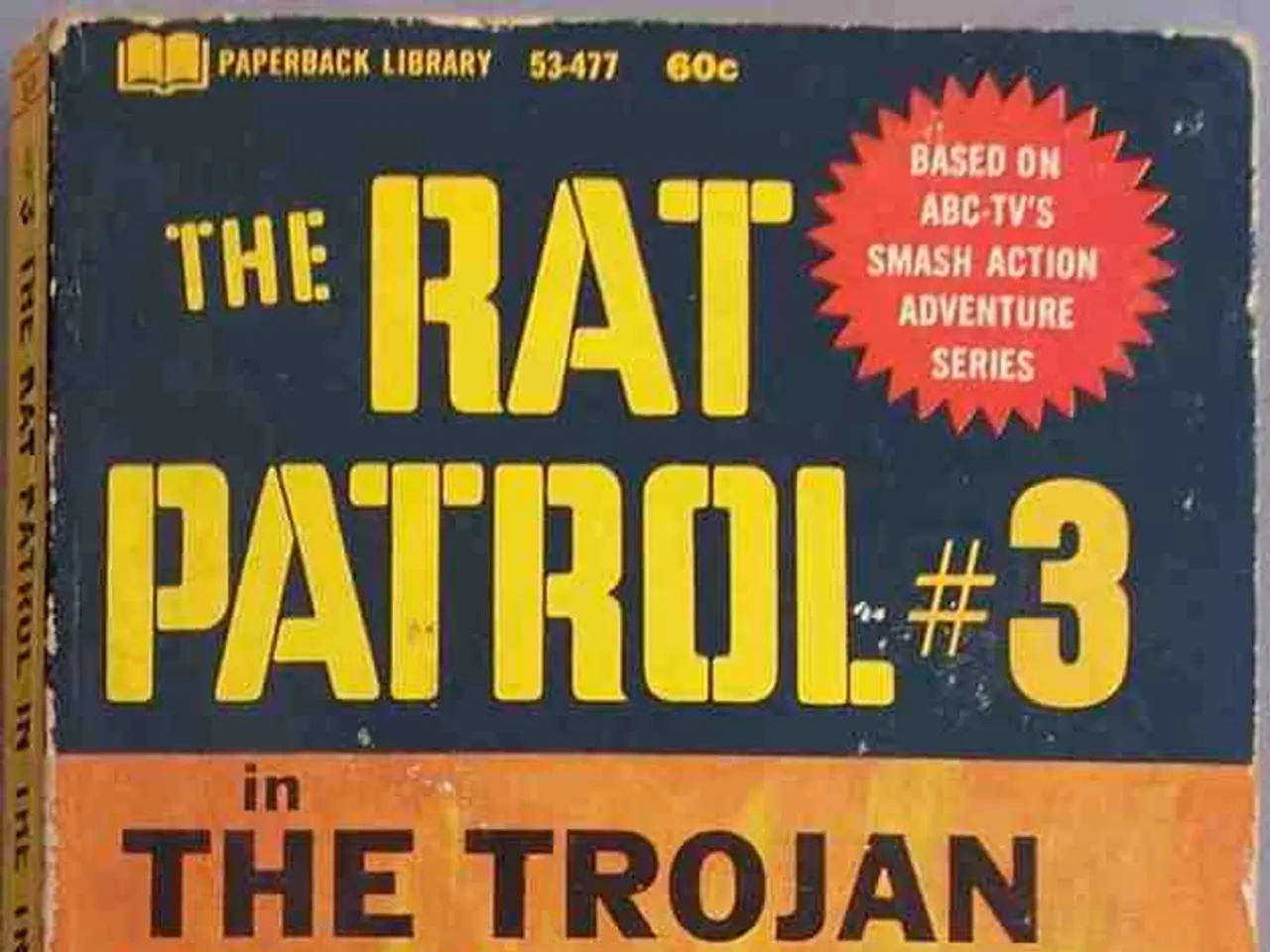Diplomatic tactics by pawnshops: Trump's re-election and the deterioration of trust-based partnerships
In the second term of Donald Trump's presidency, a new era of diplomacy has emerged, marked by transactional deals rather than traditional alliances. Unlike the calculated approach of past presidents, Trump's diplomacy is impulsive, short-term, and purely transactional.
In April 2025, Trump unveiled sweeping tariffs, including a 10% tariff on all imports, and up to 50% tariffs on cars, steel, and aluminum. This move, timed to a "Liberation Day" press event in the Rose Garden, sent shockwaves around the world.
The absence of a Kissinger-like strategist to anchor U.S. policy means that every instrument, including tariffs, aid packages, and arms sales, is being wielded as a bargaining chip. This maximalist approach leaves no room for quiet diplomacy, a stark contrast to the secrecy that characterised Nixon's diplomacy to protect delicate negotiations.
In February 2025, Trump publicly tied U.S. aid to Ukraine to access to its rare-earth minerals. This quid pro quo globalism is a departure from traditional trust-based partnerships. Similarly, the German government, during Trump's second term, agreed to resolve conflicts with the EU through a trade compromise initially agreed upon verbally by Trump and Ursula von der Leyen in late July 2025 in Scotland. This agreement involved reducing US tariffs on European products from threatened 30 percent to 15 percent and a commitment by the EU to purchase US energy and invest in the US economy by the end of Trump's term.
However, when diplomacy becomes a ledger of favors, trust erodes irreparably. This was evident when allies were caught in the blast, with Canada facing 35% tariffs after talks stalled, pharmaceuticals threatened with 200% duties, and countries "aligning with anti-American BRICS" warned of punitive levies.
The transactional approach is causing allies to recalculate their strategies. NATO members are discussing European defense autonomy, while Indo-Pacific partners are hedging with China, and middle powers such as Turkey, India, and Brazil are focusing on more independent courses.
Trump's diplomatic style has also been marked by impulsive decisions, such as deploying Patriots to intercept Iranian rockets and threatening Iran with "bombing like they've never seen" if they did not return to nuclear talks. Unverified claims of an Iranian plot to assassinate the U.S. president were repeated by Senator Ted Cruz, further escalating tensions.
In June 2025, a 12-day war erupted between Israel and Iran. Amidst this turmoil, U.S. intelligence sharing and arms transfers to Israel proceeded with no public oversight.
Despite the controversy, Trump considers these deals as "wins," while America's allies see it as another reminder that strategic ties are now bargaining chips. JD Vance, Trump's vice president, described the deal with the EU as "Donald Trump Only Got 99.9% of What He Asked For."
However, American influence was built over decades on credibility, and losing trust is far harder to restore than imposing a tariff. As the world continues to navigate the unpredictable landscape of Trump's diplomacy, the long-term implications remain to be seen.
Read also:
- Tobacco industry's suggested changes on a legislative modification are disregarded by health journalists
- Uncovering Political Ad Transparency: A Guide to Investigating opponent's Political Advertisements in the Digital Realm
- Elon Musk praises JD Vance's debate performance against Tim Walz
- Right-wing Israeli minister supports controversial plan for West Bank settlement expansion








